Borderlands, Metal Gear Solid, and the art of the video game adaptation
June 29, 2024The first time I spoke with Ari Arad about the Borderlands movie was about seven years ago, perhaps an impressive length of time for a reporter’s memory but a blip in the film’s development history.
We chatted at the DICE Summit in Las Vegas about the key to making a good video game movie during a time when such a thing didn’t exist. Hollywood had been flooded with video game adaptations, but many weren’t just forgettable; they were bad. Some review scores lingered just above the single digit, most below the 50 percent mark.
Ari Arad–whose father Avi Arad founded Marvel Studios and proved that comics could make good movies with the release of Iron Man—was talking me through the impressive array of video game properties he was co-producing, including Uncharted, Metal Gear Solid, and Borderlands.
Arad said at the time that the struggle was figuring out how to take the complex story mechanics of video games’ interactive fiction and help it transition to the linear approach of film.
“The way you play Borderlands versus the way I play Borderlands could be super different,” he said at the time. “It’s sort of case by case, depending on the game.
“I’m looking forward to making one of these so I can post-mortem it.”
Seven years later–with the Borderlands movie set to be released in a bit more than a month–I took him up on that offer.
Avad said the team has learned a lot in the years since we spoke about the craft of adapting a video game into a movie.
For starters, he hopes the process of creating them–including a very lengthy pre-production period–can be reduced.
“You know, they can take ten years,” he said. “But I think maybe it’ll speed up just because we’re all learning things. I’ve learned things about the ones that have been released and the ones we’re working on. But also by seeing what worked in other people’s adaptations.”
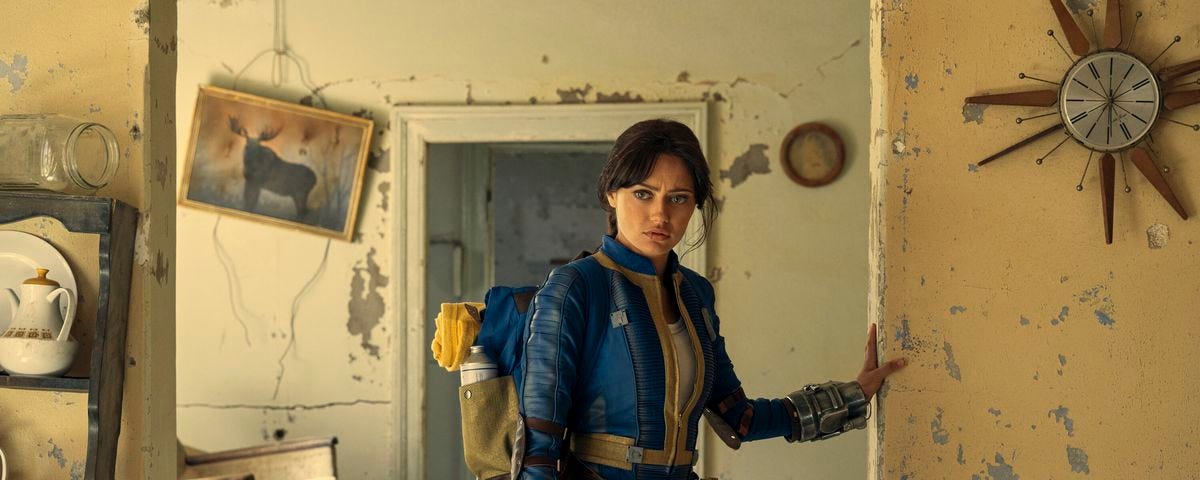
One lesson is that the only thing video game adaptations have in common is their original format. Even two games with similar settings and genres can be very different. He points to Fallout and The Last of Us as examples.
While both are post-disaster games, that similarity is incidental to the experience of playing them. One’s more linear, and one’s more open-ended.
In both cases, in all cases of video game adaptation, it comes down to figuring out the core of the experience you want to convey in the film.
Arad points to a good sports film as an example of this.
He says he doesn’t like sports but loves sports movies, documentaries, and good sports writing.
“Good content can make me feel what sports fans feel like when they’re watching sports,” he said. “I think that’s the brass ring for a game or any adaptation.”
I pointed to his Uncharted movie as a potential example. I brought my 90-year-old stepfather to the movie, and he loved it, I told Arad.
Arad said that in making Uncharted, they knew they shouldn’t try to adapt the video game in a way that fidelity to the source would run contrary to making a good film.
“Sometimes, with game stories, if you just write down what happens, they’re fine stories; they’re the perfect story for the experience of the game. But that’s not a movie story necessarily.”
Arad said that when deciding whether or not a video game should be adapted into a film, he tries to distill it to its essence—things like the gameplay mechanics, the story, and the tone.
“Then I have to decide, without access to the gameplay, is the stuff that’s left going to give me a movie that’s as distinct and relevant a movie as the game was as a game?”
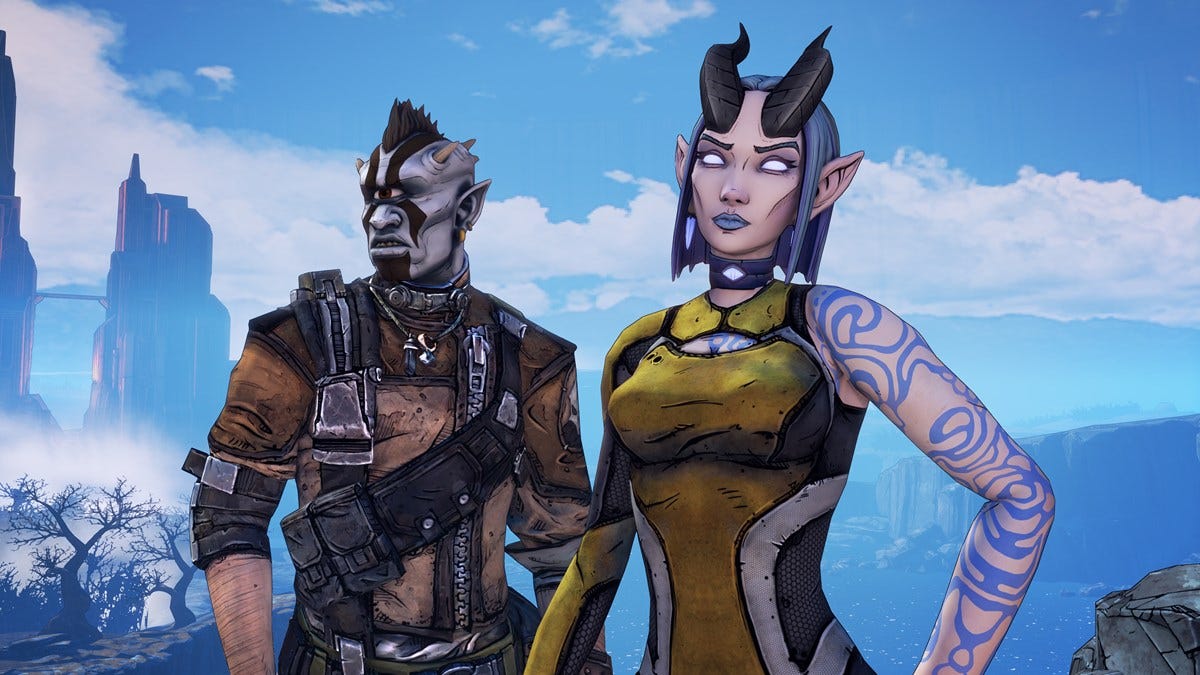
On its surface, Borderlands may seem like a game that revolves around its endless supply of different guns, but dig deeper and you quickly discover a story that artfully mixes humor, violence, and emotion.
“Like one of the only times I’ve ever kind of teared up during a game sequence was the Bunkers and Badasses DLC,” he said. “But great source material is not so easy to adapt.”
He added that he was also really looking forward to how the Minecraft movie would turn out. As with the LEGO movie, Arad believes the team working on Minecraft will be forced to make some very creative decisions to make the film work.
While the art of transforming a video game into a great movie may not quite be locked down, Arad said he believes the industry has made great strides. He points to TV shows like The Last of Us and Fallout and films like Werewolves Within.
“There have been a lot of good video game adaptations, and I think there are a lot in the process of being adapted,” he said. “I think we’re getting a head of steam.”
Borderlands director Eli Roth sees the same thing, and he believes those solid adaptations are starting to build up some goodwill among the television-watching and movie-going audiences toward these video game-inspired creations.
“I felt like when we started, we were facing an uphill battle to convince people that we could make Fifth Element or something really fun and insane, that could be a great fantasy, a terrific science fiction film out of a video game,” he said. “There was certainly a stigma about it when we started.”
But now, a dozen years later, a number of well-received movies and TV shows based on video games have hit and done very well.
“All of these other fantastic video game properties have been turned into these amazing movies, and, hopefully, we’re the next,” he said. “It’s fantastic, wonderful timing.”
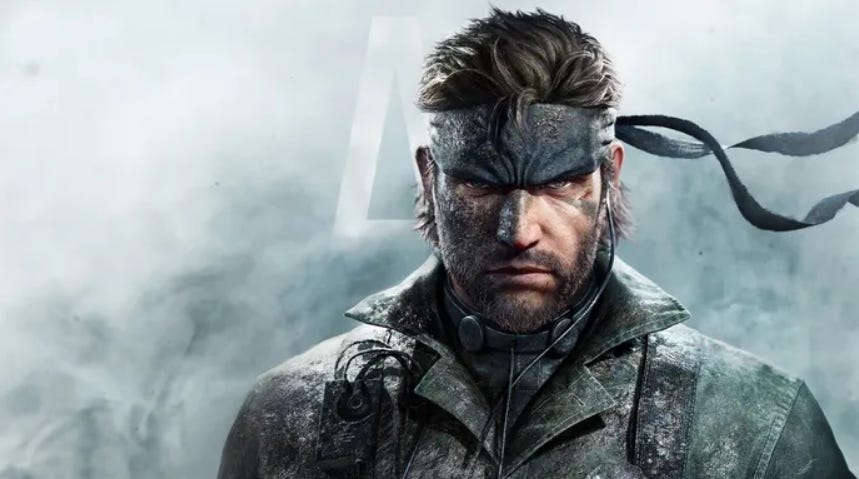
As the interview wrapped up, I couldn’t help but ask Arad about the current state of the Metal Gear Solid movie. Perhaps excluding the recent news that Arad Productions is co-producing a live-action Legend of Zelda movie, it is the most anticipated video game adaptation the company is working on.
Much like the creation of Borderlands–which had an extended pre-production period–the Metal Gear Solid film has been a long time coming.
Series creator Hideo Kojima first mentioned it in 2006. In 2012, Arad confirmed he was producing the adaptation and that Kong: Skull Island’s director Jordan Vogt-Roberts was set to direct it. In 2017, Arad told me that he views the game as a “spicy dish. It’s hard. It pushes back on its player in an awesome way. It’s a wild experience, and when you hang in there, it is satisfying” and called the adaptation “tricky.”
Since we spoke that first time, Oscar Isaac was attached to the film but has reportedly fallen off. Derek Connolly has also written two takes on the script.
In June, Arad told me that work was proceeding on the film.
“We’re working on the script some more, but I can’t talk about it yet,” he said. “I think everyone’s going to be really excited and surprised.”
I asked Arad if he sees Metal Gear Solid as the pinnacle of his video game adaptations.
“I never thought about it like that,” he said. “These are just movies I want to make as good as possible, you know? I think getting Metal Gear right will obviously be amazing because I think it’s a lot more meditative than some of the other adaptations.
“Personally, I want it to be terrific.”
This story originally ran in my monthly newsletter Game.
Elsewhere
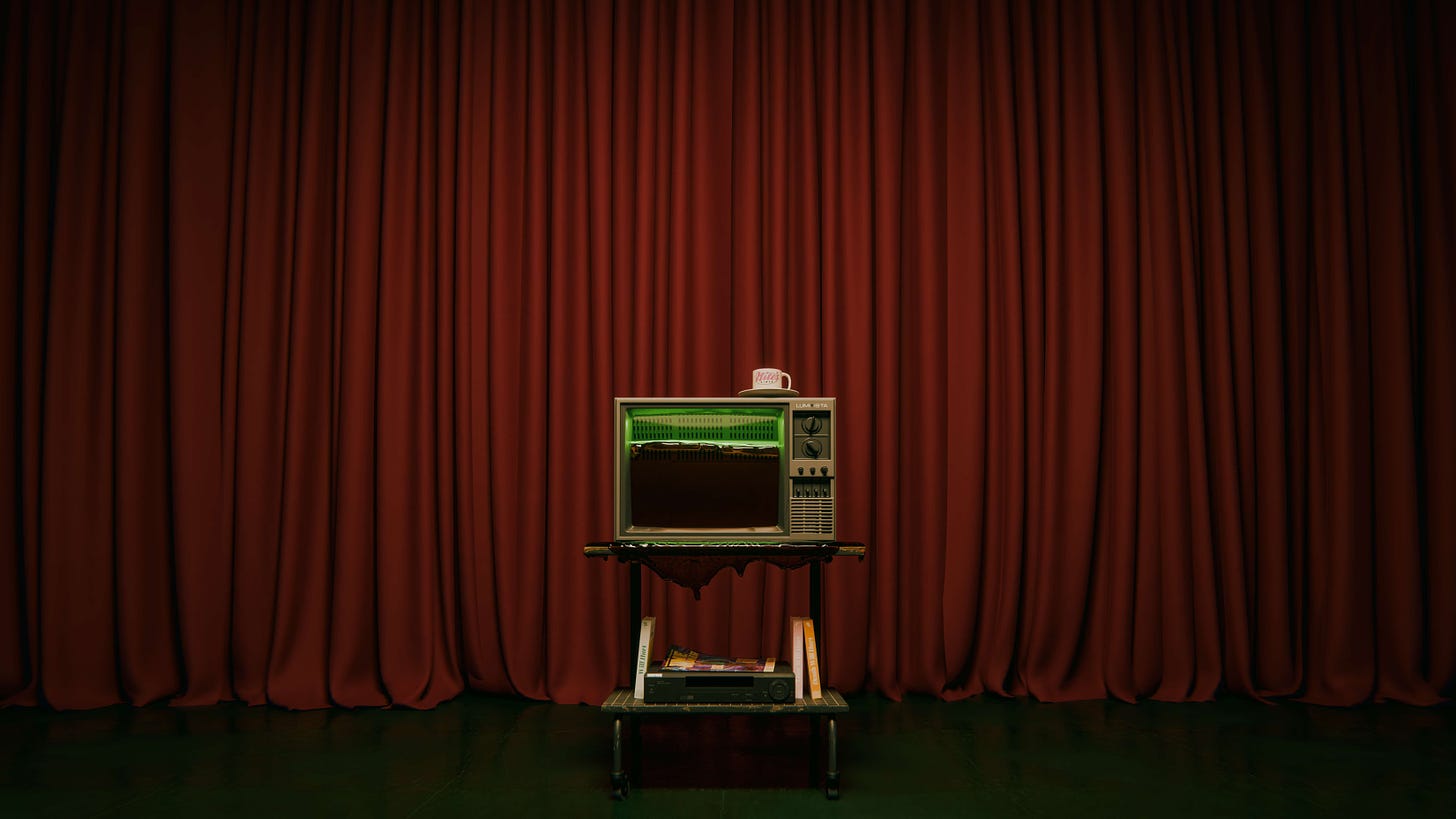
Remedy reveals surprising ideas behind Alan Wake 2 DLC’s new chapters, characters
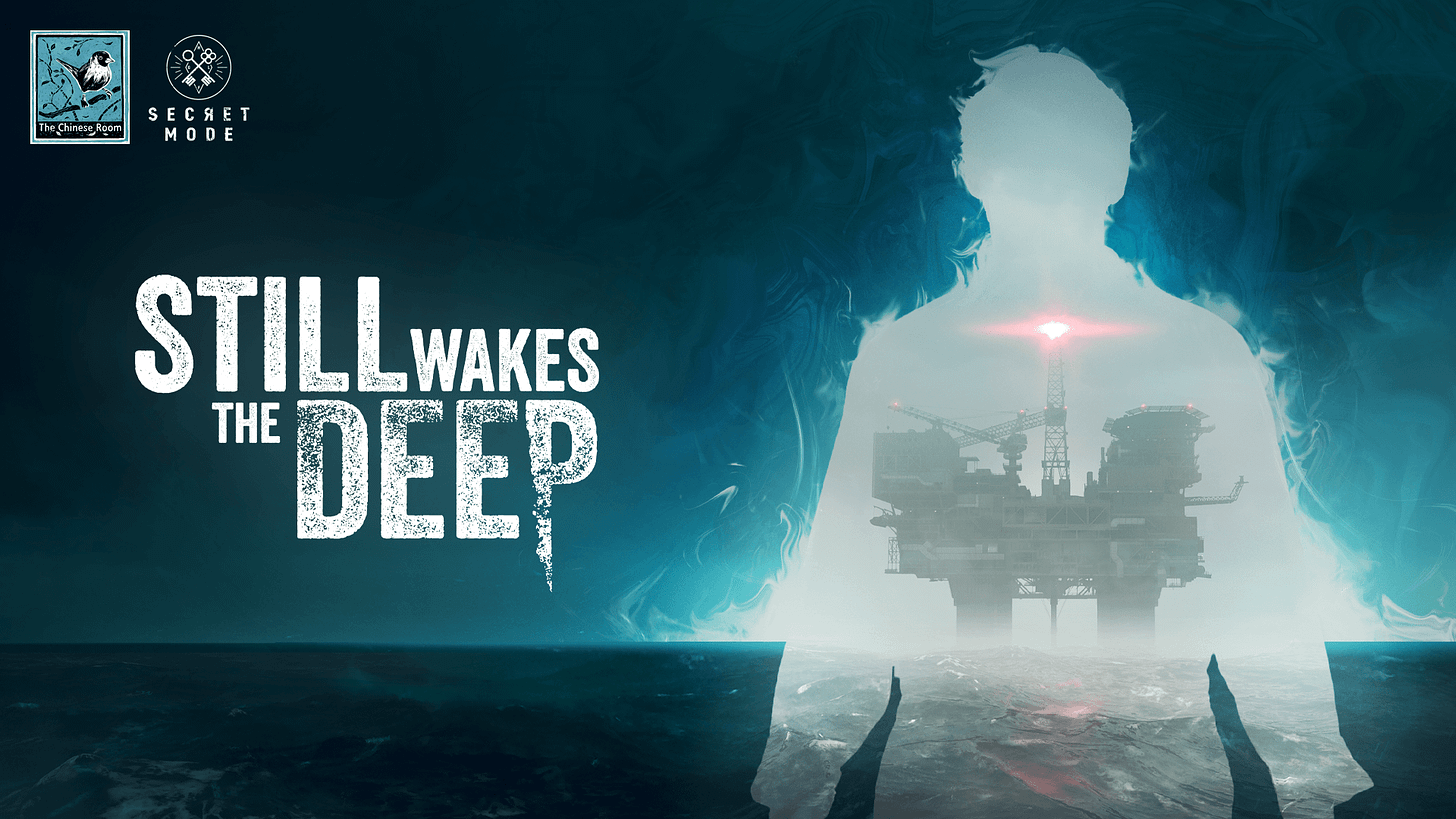
Still Wakes the Deep is like “The Thing on an oil rig”
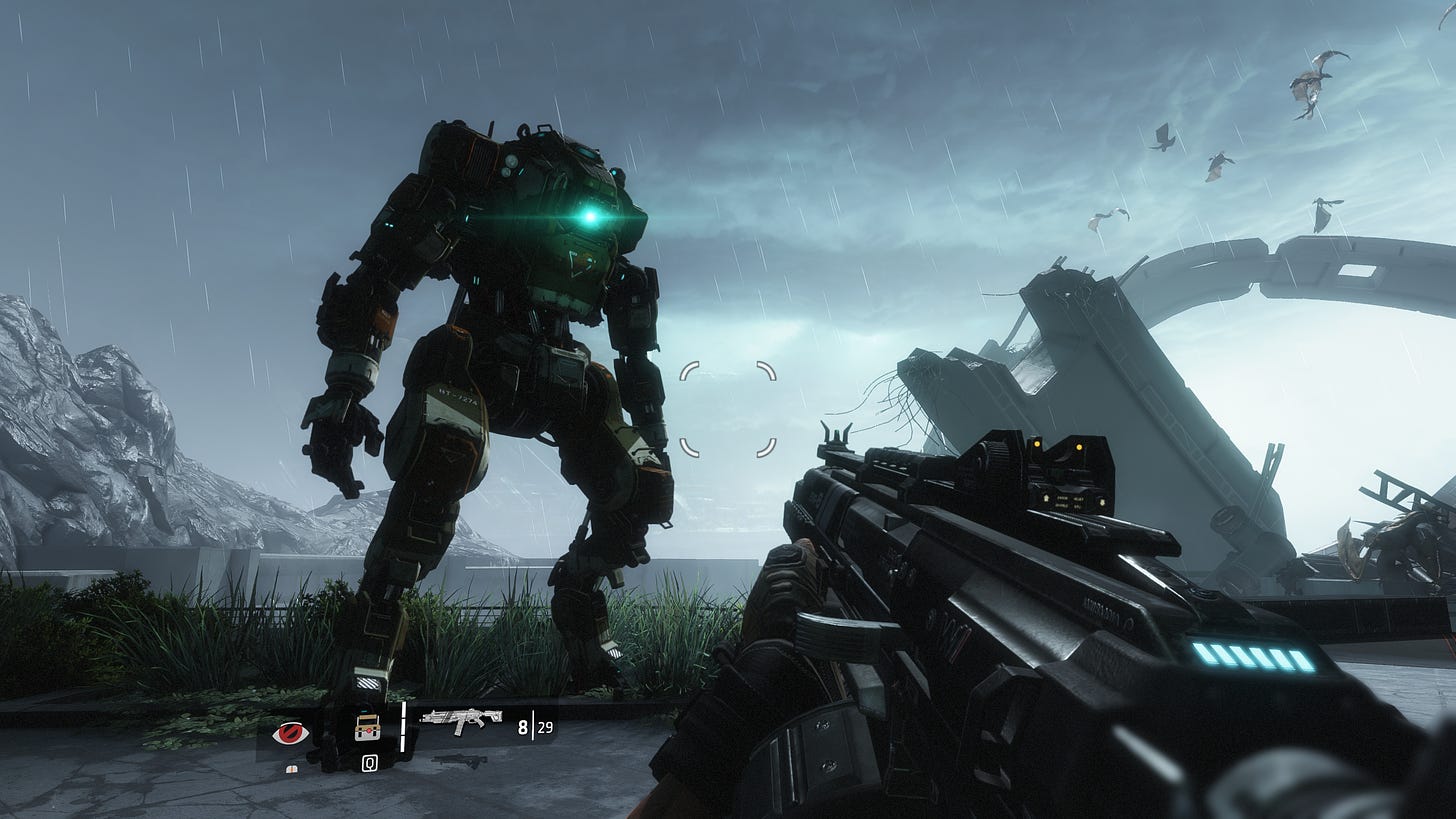
Five levels that show why Titanfall 2 is one of the best shooters ever made